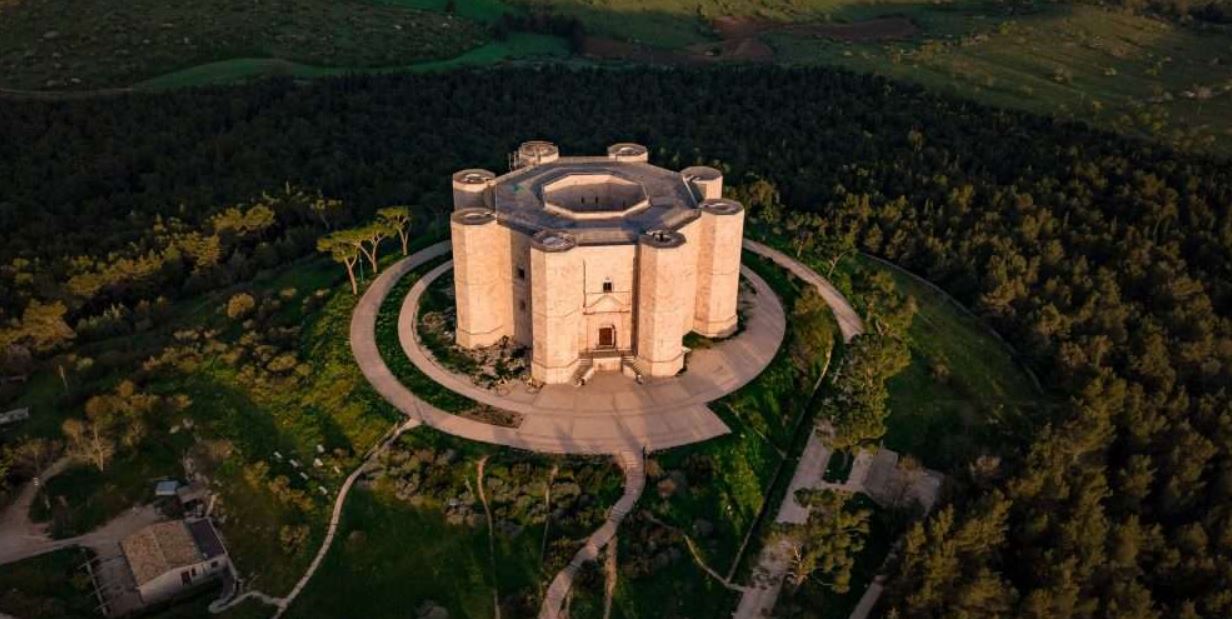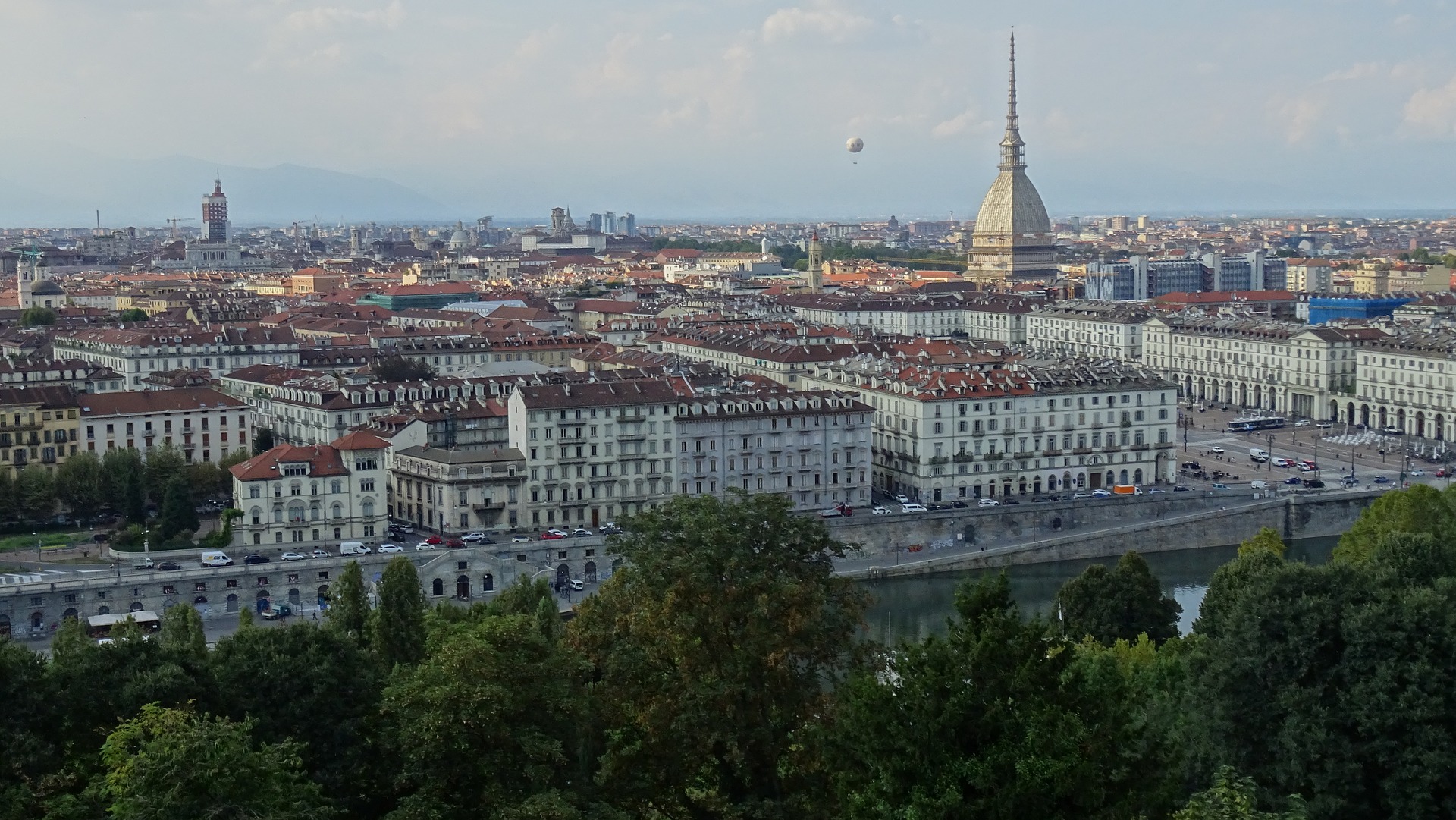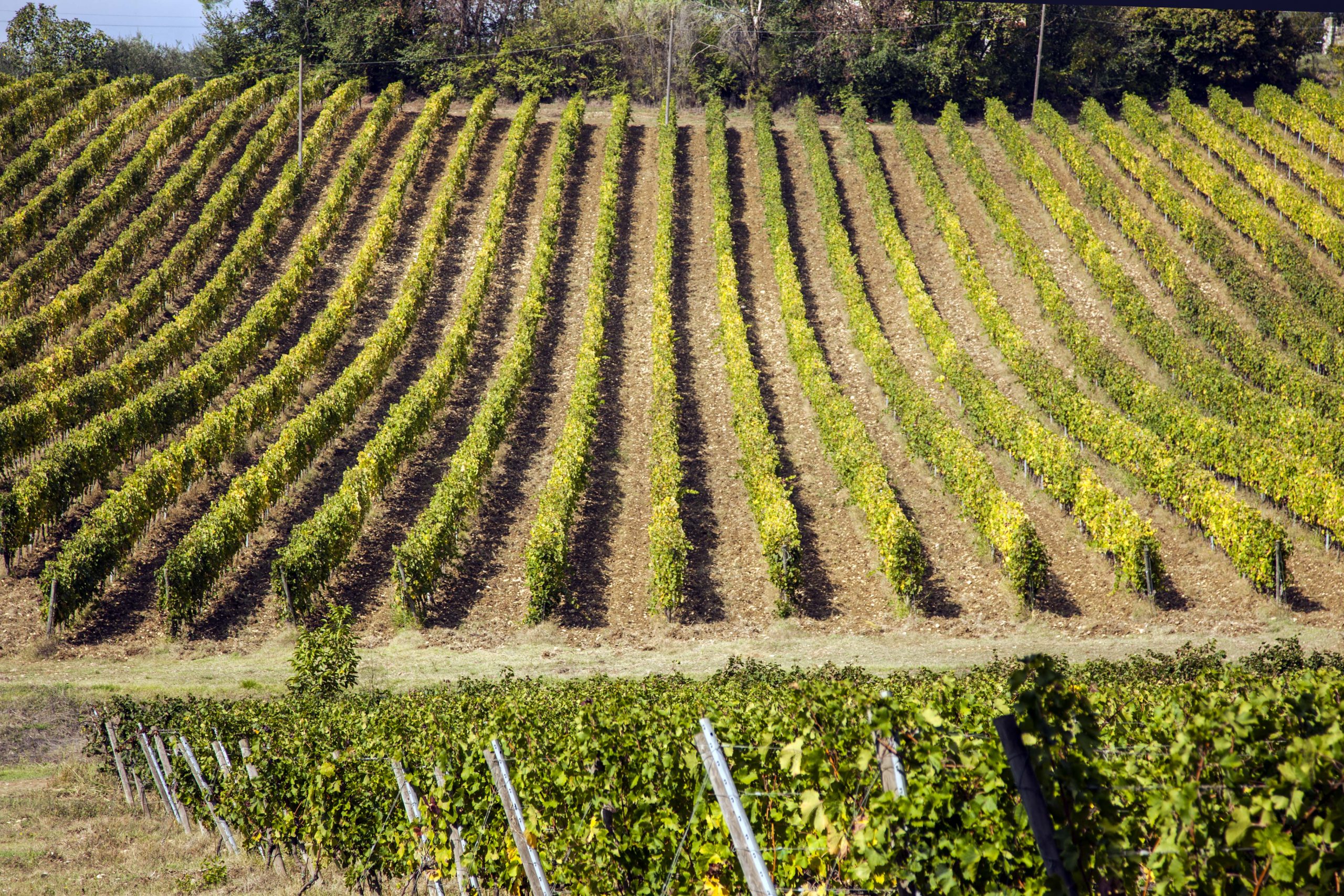Brunello di Montalcino wine is a prestigious DOCG appellation from Tuscany, made exclusively from 100% Sangiovese grapes (locally called Brunello), producing powerful red wines with a minimum 12.5% alcohol and available in both Brunello and Riserva styles.
Table of Contents
What is Brunello di Montalcino DOCG?
Brunello di Montalcino DOCG is Italy’s most prestigious wine designation, requiring 100% Sangiovese grapes from Montalcino, Tuscany, aged a minimum of four years including two in oak.
This makes it one of the world’s most strictly regulated and highly prized wines, often regarded as the crown jewel of Tuscan viticulture.
History of Brunello di Montalcino Wine
The story begins in the 19th century when Clemente Santi and later his grandson Ferruccio Biondi-Santi isolated a special clone of Sangiovese—locally called Brunello—and aged it extensively in oak. In 1888, the first modern Brunello was released, and its reputation for longevity was cemented.
By the mid-20th century, other estates joined the movement, and by 1980 Brunello di Montalcino became Italy’s first DOCG wine. Today, it remains a benchmark for fine Italian winemaking, symbolizing both tradition and prestige.
Brunello di Montalcino Region and Terroir
Montalcino lies in southeastern Tuscany, just south of Siena, covering 243 km² of rolling hills. Vineyards rise from 120 m to nearly 660 m above sea level, with soils ranging from clay and limestone to galestro schist.
The climate is Mediterranean but moderated by altitude, offering warm summers, cool nights, and slow ripening—perfect for structured, age-worthy Sangiovese.
The Grape: 100% Sangiovese Grosso
Brunello di Montalcino is made exclusively from Sangiovese Grosso, a local clone of Italy’s most planted red grape. Its thick skins and small berries yield deep color, firm tannins, and a powerful yet elegant structure—ideal for decades-long aging.
Winemaking & DOCG Regulations
Brunello is among the world’s most tightly regulated wines:
- Aging: Minimum 4 years (2 in oak, 4 months in bottle)
- Riserva: Minimum 5 years (2 in oak, 6 months in bottle)
- Alcohol: Minimum 12.5%
- Bottle format: Traditionally Bordeaux-style
- Production zone: Exclusively within the Montalcino municipality
These rules safeguard quality and authenticity while honoring tradition.
Key Facts at a Glance
| Feature | Details |
| Appellation | Brunello di Montalcino DOCG |
| Region | Tuscany (Montalcino) |
| Grape | 100% Sangiovese Grosso |
| Aging Minimum | 4 years (5 years for Riserva) |
| Alcohol Minimum | 12.5% |
| Vineyard Area | ~243 km² |
| Climate & Soils | Warm Mediterranean; galestro, clay, limestone |
Tasting Notes
A well-aged Brunello opens with garnet hues and aromas of cherry, plum, leather, violets, and dried herbs. Secondary notes of tobacco, balsamic, and forest floor emerge with age.
On the palate, expect power and finesse: firm tannins, bright acidity, and remarkable length. Top vintages can age 20–50+ years.
Serving & Pairing
- Serving temperature: 18–20 °C
- Decanting: 2–3 hours for younger vintages
- Pairings: Tuscan bistecca, wild boar ragù, porcini mushrooms, or aged pecorino. Brunello’s structure makes it a perfect partner for hearty, rustic cuisine.
Where to Buy & Pricing
Brunello di Montalcino is available globally through:
- Wine retailers: $50–$120 for standard bottlings
- Riserva vintages: $150–$600+, with icons like Biondi-Santi commanding far more at auction
- Online merchants: Wine-searcher, Vivino, WineAccess often list bottles across vintages
Tip: Seek out Rosso di Montalcino DOC, Brunello’s younger sibling, for an affordable introduction to the terroir.
Best Brunello di Montalcino Producers
While hundreds of estates produce Brunello, these names consistently stand out:
- Biondi-Santi – The founding estate and benchmark of tradition
- Casanova di Neri – Known for rich, modern expressions
- Altesino – Innovators of single-vineyard cru Brunellos
- Poggio di Sotto – Elegance and finesse-driven styles
- Banfi – A leading producer with global reach
FAQ on Brunello di Montalcino
What makes Brunello unique?
Its 100% Sangiovese composition, strict aging laws, and terroir-driven character make it Italy’s most prestigious red.
How long should I cellar Brunello?
Top vintages can age 20–50 years. Even entry-level bottlings benefit from 5–10 years.
How is Brunello different from Chianti Classico?
Both are Sangiovese-based, but Brunello must be 100% Sangiovese, aged longer, and generally offers greater complexity and longevity.
Fun Facts & Cultural Notes
- Every year, Montalcino displays ceramic tiles on the town hall to celebrate exceptional vintages.
- The first DOCG ever granted in Italy was to Brunello di Montalcino in 1980.
- Brunello means “little brown one”—a local nickname for Sangiovese Grosso.
Final Thoughts
Brunello di Montalcino DOCG is more than wine—it is Tuscany’s poetry in a glass: ancient, refined, and unapologetically rooted in the land and tradition. Whether shared over a candlelit meal or aged in solitude, it offers an immersive journey through Italian culture, terroir, and time.
Ready to taste Tuscany’s most iconic red? Explore Brunello di Montalcino alongside Chianti Classico DOCG and Vino Nobile di Montepulciano DOCG in our Drink Italian Tuscan Wine Collection. Share your Brunello experience with us on Instagram using #DrinkItalian—your story could be featured in our community highlights.
Have fun to learn more about Italian Wines and Spirits! Explore also the non-alcoholic beverages 😉
Send us an email if you want to suggest edits, or if you are looking for more info, at
cheers@drinkitalian.com
If you are in the mood for a good book, you can try:
– The Modern History of Italian Wine by Walter Filipputti
– Hidden Gems of Italy: An Insider’s Secret Formula To Find Top-Class Italian Wines At Value Prices And Taste La Dolce Vita by Tony Margiotta
Additionally, you can discover the other wines from Tuscany.


